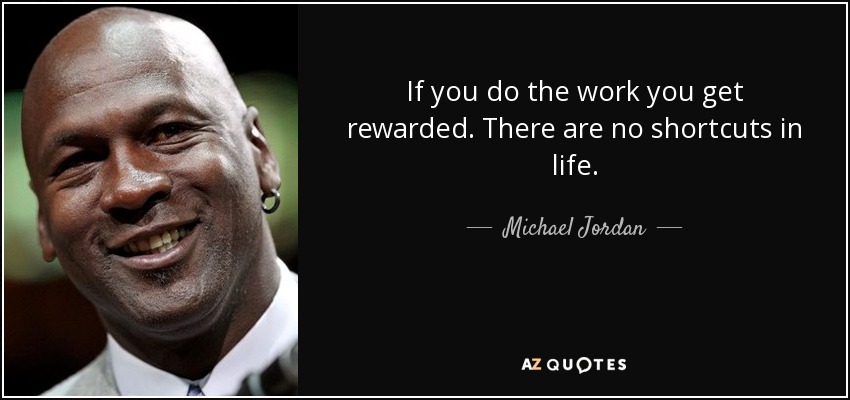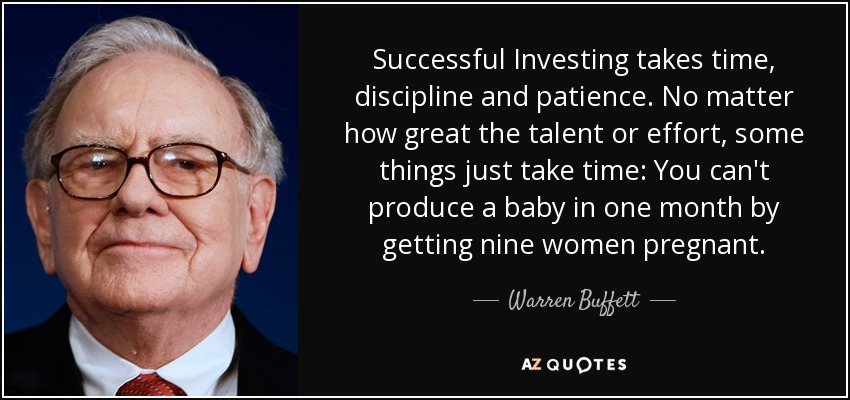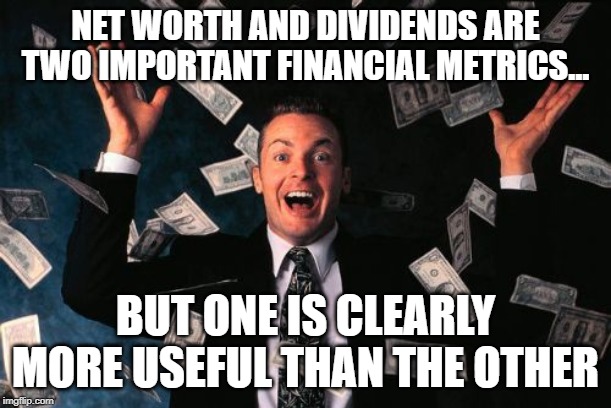
July Dividend Increases
Increase #1: Enterprise Products Partners (EPD)
Enterprise Products Partners announced a 0.6% increase in its quarterly distribution, from $0.4375/unit to $0.4400/unit. EPD is the largest position in my portfolio and the level of consistency with which it raises its distribution, along with the strong operating results and aligned interests of ownership with other unit holders are major reasons I am so bullish on this stock. Prior to the dividend increase, I added 7 shares of EPD to my new Webull brokerage account. I also added a share following the distribution announcement. For a more in depth analysis of EPD, I will provide the link to my recent article here. Across my 17 shares prior to the announcement, this increased my annual forward dividends/distributions by $0.17.
Increase #2: EQM Midstream Partners (EQM)
EQM Midstream Partners announced a 1.3% increase in its quarterly distribution, from $1.145/unit to $1.16/unit. This increase was also precisely what I was predicting in my previous expected dividend increases post. Across my 4 shares, this distribution announcement increased my annual forward dividend/distribution income by $0.24.
Increase #3: JM Smucker (SJM)
JM Smucker announced a 3.5% increase in its quarterly dividend, from $0.85/share to $0.88/share. This was the one and only dividend increase that I was sure would play out which didn't turn out as I expected. Unfortunately, SJM increased its dividend at barely half of what I was otherwise expecting. Regardless, my annual forward dividends increased by $0.24 as a result of this announcement. While I would have liked to see a raise of 6-7%, I trust that SJM knows what it is doing and look forward to hopefully a bit larger dividend increase next year.
Increase #4: Magellan Midstream Partners (MMP)
As of July 30th, I just noticed that Magellan Midstream Partners announced a distribution increase last week and I somehow missed it! MMP announced a 0.7% increase in its quarterly distribution, from $1.005/unit to $1.0125/unit. While 0.7% doesn't seem like much on the surface, MMP increases its distribution every quarter just like EPD and EQM. Across my 3 units, this increased my annual forward dividends/distributions by $0.09. It isn't much, but it's $0.09 a year more than I thought I had when I woke up today.
Update:
BP elected to announce a quarterly dividend in line with the previous of $0.615. While I was hoping for a small increase, I'm confident BP will reward shareholders with a nice increase in the next couple years.
Increase #4: Magellan Midstream Partners (MMP)
As of July 30th, I just noticed that Magellan Midstream Partners announced a distribution increase last week and I somehow missed it! MMP announced a 0.7% increase in its quarterly distribution, from $1.005/unit to $1.0125/unit. While 0.7% doesn't seem like much on the surface, MMP increases its distribution every quarter just like EPD and EQM. Across my 3 units, this increased my annual forward dividends/distributions by $0.09. It isn't much, but it's $0.09 a year more than I thought I had when I woke up today.
Update:
BP elected to announce a quarterly dividend in line with the previous of $0.615. While I was hoping for a small increase, I'm confident BP will reward shareholders with a nice increase in the next couple years.
Expected Dividend Increase for August
Expected Dividend Increase #1: Altria Group (MO)
While Altria announced two dividend increases last year, that certainly won't be the case this year. Following the acquisitions of both a 35% stake in JUUL for $12.8 billion and a 45% stake in Cronos Group (with the option of increasing that stake to 55%), the company's balance sheet has notably become more leveraged. Although it isn't leveraged to the point of danger, deleveraging will be an emphasis for the company over the next few years. With a target payout ratio of around 80% and the company reaffirming its 2019 adjusted diluted EPS of $4.15-4.27, it seems reasonable to infer that the company's quarterly dividend will be raised 5%, from $0.80/share to $0.84/share. Across my 7 shares, this would increase my annual forward dividends by $1.12.
Conclusion:
My annual forward dividends/distributions increased by $0.74 in the month of July. At a 4% yield, this would take an investment of $18.50 in fresh capital to replicate. This month was largely what I predicted it would be aside from the disappointing announcement from SJM, but I can't really complain about getting increases in income from simply holding my shares and units in these great businesses.
Discussion:
How many dividend/distribution increases did you receive in July? Did you experience any pleasant surprises or disappointments in terms of increases? As always, thanks for reading and I look forward to reading any comments you may have.
Expected Dividend Increase #1: Altria Group (MO)
While Altria announced two dividend increases last year, that certainly won't be the case this year. Following the acquisitions of both a 35% stake in JUUL for $12.8 billion and a 45% stake in Cronos Group (with the option of increasing that stake to 55%), the company's balance sheet has notably become more leveraged. Although it isn't leveraged to the point of danger, deleveraging will be an emphasis for the company over the next few years. With a target payout ratio of around 80% and the company reaffirming its 2019 adjusted diluted EPS of $4.15-4.27, it seems reasonable to infer that the company's quarterly dividend will be raised 5%, from $0.80/share to $0.84/share. Across my 7 shares, this would increase my annual forward dividends by $1.12.
Conclusion:
My annual forward dividends/distributions increased by $0.74 in the month of July. At a 4% yield, this would take an investment of $18.50 in fresh capital to replicate. This month was largely what I predicted it would be aside from the disappointing announcement from SJM, but I can't really complain about getting increases in income from simply holding my shares and units in these great businesses.
Discussion:
How many dividend/distribution increases did you receive in July? Did you experience any pleasant surprises or disappointments in terms of increases? As always, thanks for reading and I look forward to reading any comments you may have.









